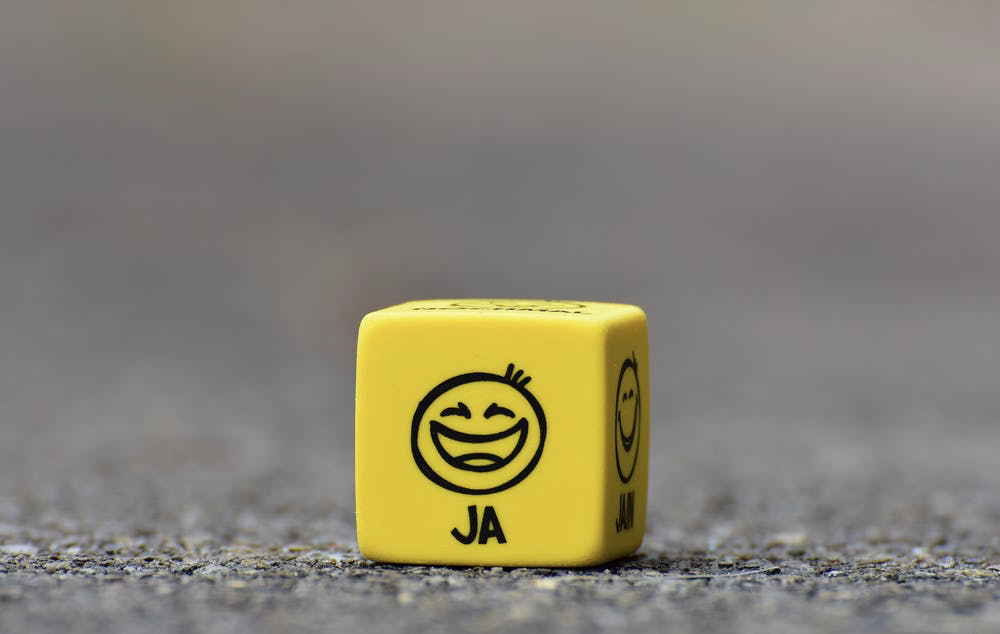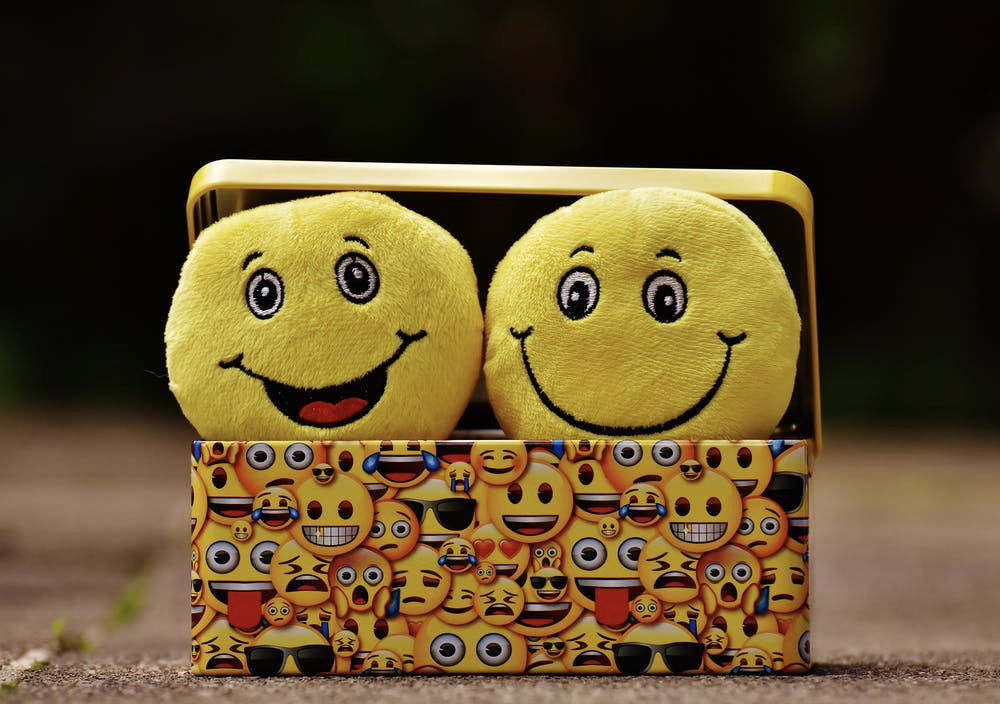The Queen of the Deck: Emotional Regulation
“I feel overwhelmed by any setback. I’m drowning in a glass of water.”
“Every time I have a problem, I avoid it. In the end, I end up having two problems: the original one and all the guilt for not having done anything sooner.”
“Lately, everything feels like a drag; I’m tired of this situation. I find it hard to control my emotions so they don’t overwhelm me.”
“I can’t stop dwelling on bad things. It’s as if there’s only room for negative thoughts in my head.”
You may recognize these phrases or even have felt identified with them. Often, we go through bad emotional periods due to factors such as grief, job instability, economic crises… And what happens in the world, affects us—and how!
The pandemic and other fatigues:
It’s no wonder terms like “pandemic fatigue” have emerged to refer to that feeling of tiredness and discouragement, stemming from a situation of chronic stress, with measures that limit the positive reinforcements we usually have. With positive reinforcement, I mean meeting with friends, having a coffee break at work, being able to see our family, or going on that much-desired vacation trip we’ve been saving for.

Modulating our reactions to life
I’m not telling you anything new if I say that we can’t change the events that happen to us or reality itself, right?
What we can change is how we face that reality. No, don’t worry, I won’t force you to have a smile glued to your face or to think that if it rains, it’s because confetti is falling from the sky. I’ll just talk to you about a term: emotional regulation.
“Emotional regulation is defined as the ability to consciously regulate the emotions we experience, when they happen, and how we express them.”
Does this mean we can control our emotions?
No, emotions are not controlled. They are identified, recognized, managed, or mitigated.
But then… can I decide which emotion to feel?
No. Emotions have biological, social, and learning significance. They arise from our interaction with the environment (we generate them), serve to communicate, and help us learn which behaviors are valuable and which are not.
In short, they help us survive.
That skill
Therefore, emotional regulation is that skill that we can work on to better understand ourselves, our emotions, and the way we express them at any given moment.
It’s responsible for ensuring we don’t drown in a glass of water, that we have reactions adapted to the context, and that, despite everything bad happening, we can continue with our day-to-day life with some “normality”.
Of course, negative things will continue to happen, and we will continue to feel sad or anxious, but if our emotional regulation strategies are good, we’ll mitigate all those negative processes without denying them, but without letting them harm us excessively. Basically, we learn to live with them without our mental health suffering along the way.

Event, thought, emotion
When an event occurs, it generates a thought or belief. This belief, in turn, will lead to an emotion and some behavior.
For example, if my supervisor asks me to redo a report because there were errors, I might think I am useless, that it always happens to me. I will feel discouraged and probably make another poor report due to lack of motivation or anger for having made a mistake.
If I continue dwelling on how bad I feel, I’ll magnify that sensation. On the other hand, if I look for an alternative solution, I’ll probably improve my emotional state.
Great, but what are the strategies?
There are many strategies that help us regulate our emotions. The most well-known are the following:
- Active coping: actively facing the problem instead of avoiding it or procrastinating.
- Seeking social support: there are emotions like sadness that are not negative (surprise, no emotion is!) but direct us toward certain actions. In the case of sadness, it indicates that we seek help or take some time to rest. Therefore, paying attention to this positive intention is to regulate our emotions.
- Changing the focus of attention: have you seen the classic video of a group of people passing a ball, while a man dressed as a bear dances in the middle of the group? Excuse the spoiler, but this video deals precisely with the importance of the focus of attention. It’s so important that if we don’t pay attention… WE DON’T SEE IT! The same happens with those unpleasant sensations; if we focus our attention on them, they become bigger and bigger. Ideally, we should shift our focus to a task that is interesting or demanding enough to engage us, keeping us entertained so we don’t think about the negative (for example, doing a sudoku, writing or drawing, talking to someone…)
- Positive reinterpretation: let’s go back to what we explained a few paragraphs ago. Instead of having catastrophic thoughts, let’s look for another interpretation. One that helps us make the emotion that follows more bearable or easier to manage.
It’s important to remember that when we have a certain level of discomfort or believe there’s something about ourselves we’d like to change, it’s ideal to seek a mental health professional.
These are some examples of emotional regulation strategies. There are more useful strategies, but I invite you to try some of these for a week and tell us how the experience went.
Are you up for it?












